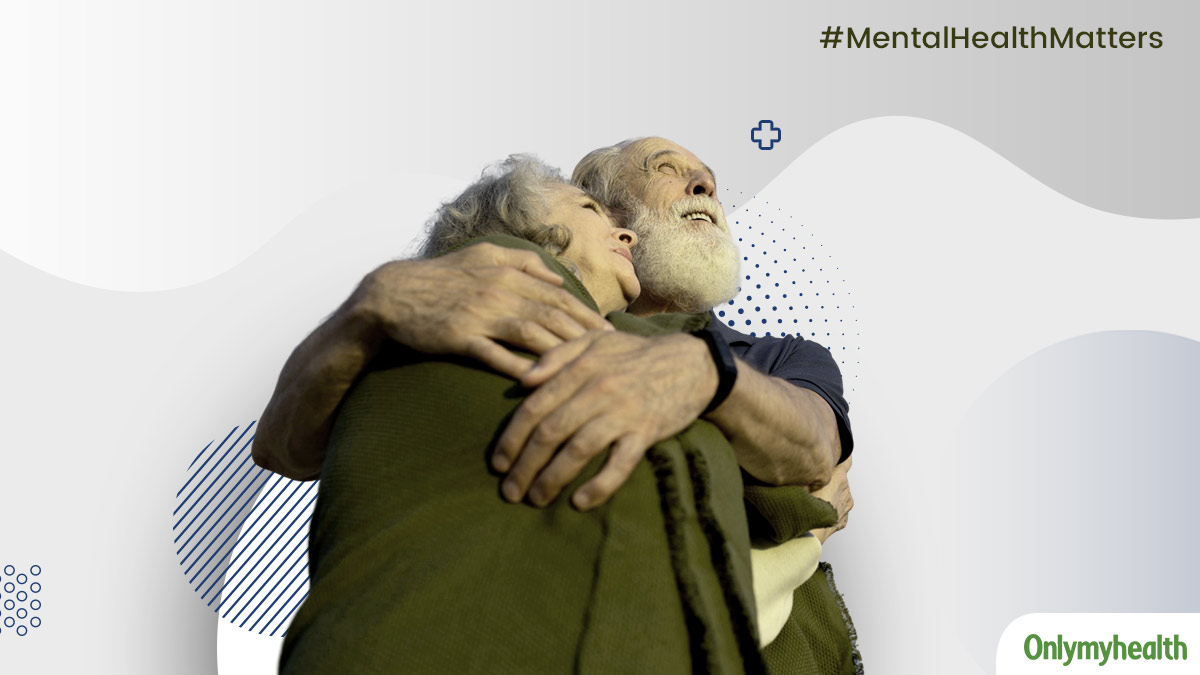
Grief and loss are inevitable parts of life, and as we age, we often face a greater number of losses. Loss in later life can come in many forms, including retirement, limited mobility, cognitive decline, loss of a spouse, siblings, and friends, as well as the loss of independence and physical health. Each type of loss can bring unique challenges and emotions. This week, in our campaign, 'Mental Health Matters', we spoke to Dr Chandni Tugnait, MD (Alternative Medicines), Psychotherapist, Life Coach, Business Coach, Neuro-Linguistic Programming (NLP) Expert, Healer, Founder and Director - Gateway of Healing, to learn how to navigate through grief and loss in later life.
Table of Content:-
Stages Of Grief
Dr Tugnait explained that grief typically unfolds in stages, including denial, anger, bargaining, depression, and acceptance. However, it's important to recognise that the grieving process is unique to each individual, and not everyone experiences all these stages or in a particular order.
Grief And Mental Health

Grief can significantly impact mental health, particularly in later life. Recognising signs of depression and anxiety is crucial, and seeking help when needed is essential, according to Dr Tugnait.
Also Read: #MentalHealthMatters: What Is Obsessive Compulsive Disorder, Explained By Psychologist
Strategies For Coping With Grief And Loss In Later Life
Seniors face specific challenges when dealing with grief and loss, such as coping with multiple losses and adjusting to new social roles. To effectively cope with these challenges, Dr Tugnait offered several strategies:
1. Building resilience: Developing a resilient mindset, focusing on the positive aspects of life, and seeking meaning in loss can help seniors cope with grief.
2. Maintain social connections: Connecting with others who share similar experiences, joining support groups, and staying in touch with friends and family can provide emotional support. Developing a regular schedule for social interactions, such as weekly phone calls, video chats, or socially-distanced visits helps greatly.
3. Engaging in self-care: Taking care of oneself physically, emotionally, and mentally by eating well, exercising, getting adequate sleep, meditation, and seeking professional help when needed can make a substantial impact in managing grief.

4. Creative methods: Expressing emotions through creative methods, such as art, reading, writing, and music can be therapeutic for grieving seniors.
5. Spirituality and faith: Embracing one's spiritual beliefs can provide comfort and a sense of solace during grief and loss.
Also Read: #MentalHealthMatters: Post Traumatic Stress Disorder, An Overview
Bottomline
Dr Tugnait said, "It is essential to recognise and validate your emotions, whether it is sadness, anger, guilt, or loneliness. Allow yourself to grieve and process your feelings at your own pace." She added, "It is essential to recognise that grief is a natural process and that everyone grieves differently." "Remember that it is possible to find a sense of healing and peace after loss with time, support, and self-care," concluded Dr Tugnait.
Navigating through grief and loss in later life requires patience, self-compassion, and a willingness to seek support. With the right strategies and resources, individuals can find resilience, meaning, and ultimately, a sense of well-being in the face of loss. Remember, you do not have to navigate the journey alone, and reaching out for support can make a significant difference.
Image Credits: freepik
Also watch this video
How we keep this article up to date:
We work with experts and keep a close eye on the latest in health and wellness. Whenever there is a new research or helpful information, we update our articles with accurate and useful advice.
Current Version
